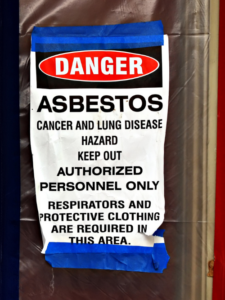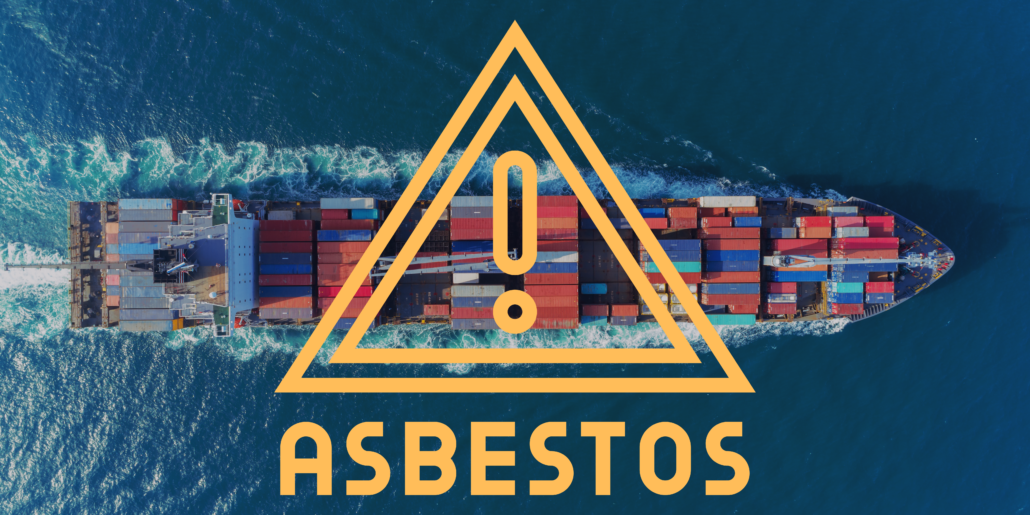Dangers of Asbestos Exposure in the Maritime Industry
Asbestos, comprised of minerals that form naturally in the environment, has been used worldwide in a wide range of industries. It’s resistant to heat, fire, and chemicals, making it a popular and durable option. However, in response to research indicating that asbestos exposure can cause cancer and other health issues, the use of asbestos has dropped dramatically.
However, many who work in the maritime industry are still exposed to asbestos on a near-daily basis. That’s why it’s so important to protect yourself and know your rights if you develop a work-related illness. If you’ve been injured or developed a serious illness because of work, we can help. Call the maritime injury lawyers at Fuquay Law Firm at 251-473-4443 to talk to our team now.
The Role of Asbestos in the Maritime Industry
Historically, asbestos was widely used in the construction of boats and other maritime equipment. Its flame- and heat-resistant properties made it a desirable choice for decades. Asbestos may be found in engine rooms, boiler rooms, pipes, insulations, pumps, valves, flooring, and fireproofing materials, to name a few. It was extensively used in shipbuilding and maintenance, so when working on a ship built in the 1970s or earlier, it’s best to assume that you may be exposed to asbestos.
Maritime workers are at great risk of accidental inhalation or ingestion of asbestos fibers. While anyone working aboard a vessel could be exposed to asbestos at some point, those most likely to come into contact include those in vessel repair, maintenance, and demolition.
Health Risks and Consequences of Exposure
Those with frequent or sustained exposure to asbestos are at significant risk of developing mesothelioma, lung cancer, asbestosis, and various respiratory conditions. The most widely known of these is mesothelioma, which is relatively rare—however, the majority of cases are caused by asbestos exposure.

The diseases associated with asbestos exposure have a long latency period, which is an area of concern for maritime workers. Symptoms of asbestos exposure could take decades to surface, at this point, the illness may be so widespread and aggressive that no treatment options are available. The health consequences of asbestos exposure can devastate workers’ quality of life, ability to work, and life expectancy. These effects go beyond just the affected working, causing significant difficulties to their family members and loved ones as well.
In addition to the pain family members suffer while watching a loved one grapple with mesothelioma, they may also be at risk of asbestos-related illnesses. Tiny threads of asbestos can easily get caught on clothing, and when a worker brings those strands home, anyone who comes into contact with them could suffer asbestos exposure. This is a serious issue if, for example, a maritime worker’s spouse regularly launders their clothes and unknowingly touches asbestos directly.
 Preventing Exposure
Preventing Exposure
Maritime employers have an obligation to their workers to limit their risk of asbestos exposure. A key part of this is identifying where asbestos is used on a vessel and ensuring that employees know where they are likely to come into contact with this material. This goes hand-in-hand with thorough education regarding what asbestos is, its health consequences, and how to work around it safely.
Employers should implement enforceable protocols regarding the safe handling, removal, and disposal of asbestos-containing materials. This is often a sticking point for companies, as this takes more time and costs more money than simply letting employees do it in the most convenient way. Employers are obligated to ensure that asbestos is handled in the safest way possible—not the way that saves them the most money.
Proper personal protective equipment is also an important part of asbestos safety. Employers should mandate the use of this equipment and ensure that these rules are enforced.



